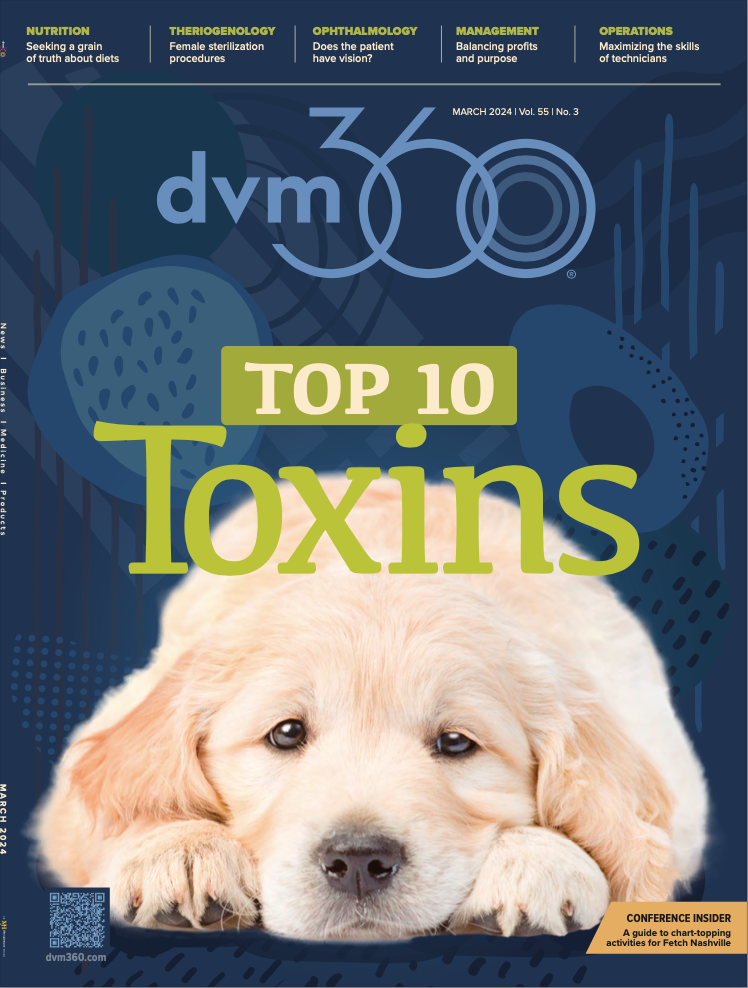The Dilemma: Where do I go from here?
A veterinarian weighs options that could lead to practice ownership
Editor’s note: All names and businesses in this dilemma case are fictitious, but the scenario is based on real occurrences.
bongkarn / stock.adobe.com

Jane Cleat, DVM, is a wonderful veterinarian. She has been practicing at her current clinic for 11 years. She was an associate veterinarian for the first 7 years and has been the medical director for the past 4 years. She has great respect for the hospital owner and her colleagues and enjoys her working environment. At this point in her practice journey, she has come to a crossroads.
It has always been Dr Cleat’s dream to own her own practice. She wanted to imprint her style and culture on a pet care facility that she had created. Of course, wishes and reality are very different things. The pros and cons must be addressed. Additionally, there are many ways to become a hospital owner.
Dr Cleat developed what was a preownership preparation list. Should she acquire her ownership status by starting her own clinic? Should she explore a partnership share of her existing practice that will lead to ownership? Should she consider buying an available practice?
The all-important finance question was, of course, a major consideration: Can she afford to own a practice? She had saved significant funds over the years and contacted a local financial organization that agreed to assist her. She also explored the extended financial arrangements that various veterinary vendors extend to new practice owners.
Finally, Dr Cleat met with 2 practice owners she respected and asked their opinions. She told them that she wanted to hear about the harsh realities of practice ownership in 2024; the information they gave her was eye-opening. The first thing they both told her was that there was no substitute for being a practice owner. The successes, failures, and income generation fall exclusively on the owner’s shoulders. They also did not recommend having any ownership partners. This often led to important decisions being the result of a disappointing compromise. Finally, they went on to say that along with sole ownership came the increased stress, human resource headaches, and pivotal monetary decisions and obligations.
After performing her due diligence, Dr Cleat was starting to get demoralized. In current-day veterinary medicine, sole practice ownership may not be a good idea. In 2022, 40% of veterinarians were employed by corporate-owned practices.1 Experienced veterinarians working for corporate practices make excellent salaries approaching that of practice owners. Of course, practice owners maintain an equity, which is not true with veterinarian employees.
Small practice owners are married to their practices as intimately as they are to their families. For even the most devoted veterinarians, this is an unacceptable sacrifice.
Dr Cleat, having accumulated this information, did a serious self-assessment. She took into consideration her work history, age, family situation, and professional goals. She decided the best solution for her would result in a satisfactory work/life compromise. She would propose a partnership/owner track to her receptive clinic owner. Dr Cleat would end up as the boss, but her journey would be longer; however, she was still committed to achieving her goal.
Veterinary medical ownership is a complicated undertaking and Dr Cleat felt she made the right decision after exploring all her options. She did not make a snap decision; she did her homework. This due diligence led her to making the right work/life decision.
Rosenberg's response
Years ago, when I started practicing, most veterinarians saw themselves on an ownership track. There was no corporate veterinary world. Practice values were not in the millions of dollars. An energetic, ambitious veterinarian would simply hang out a shingle. That world of veterinary medicine is gone.
Today, ownership is stressful, volatile, and requires skills far beyond those of veterinary medical expertise. Bob Dylan got it right when he sang, “the times they are a-changin’.” Dr Cleat made the right decision.
Reference
2022 veterinary stats. Otto. Accessed February 8, 2024. https:// otto.vet/2022-vetirinary-stats/
Marc Rosenberg, VMD, is founder of Voorhees Veterinary Center in Voorhees, New Jersey. Although many of the scenarios Rosenberg describes in his column are based on real-life events, the veterinary practices, doctors, and employees described are fictional.
